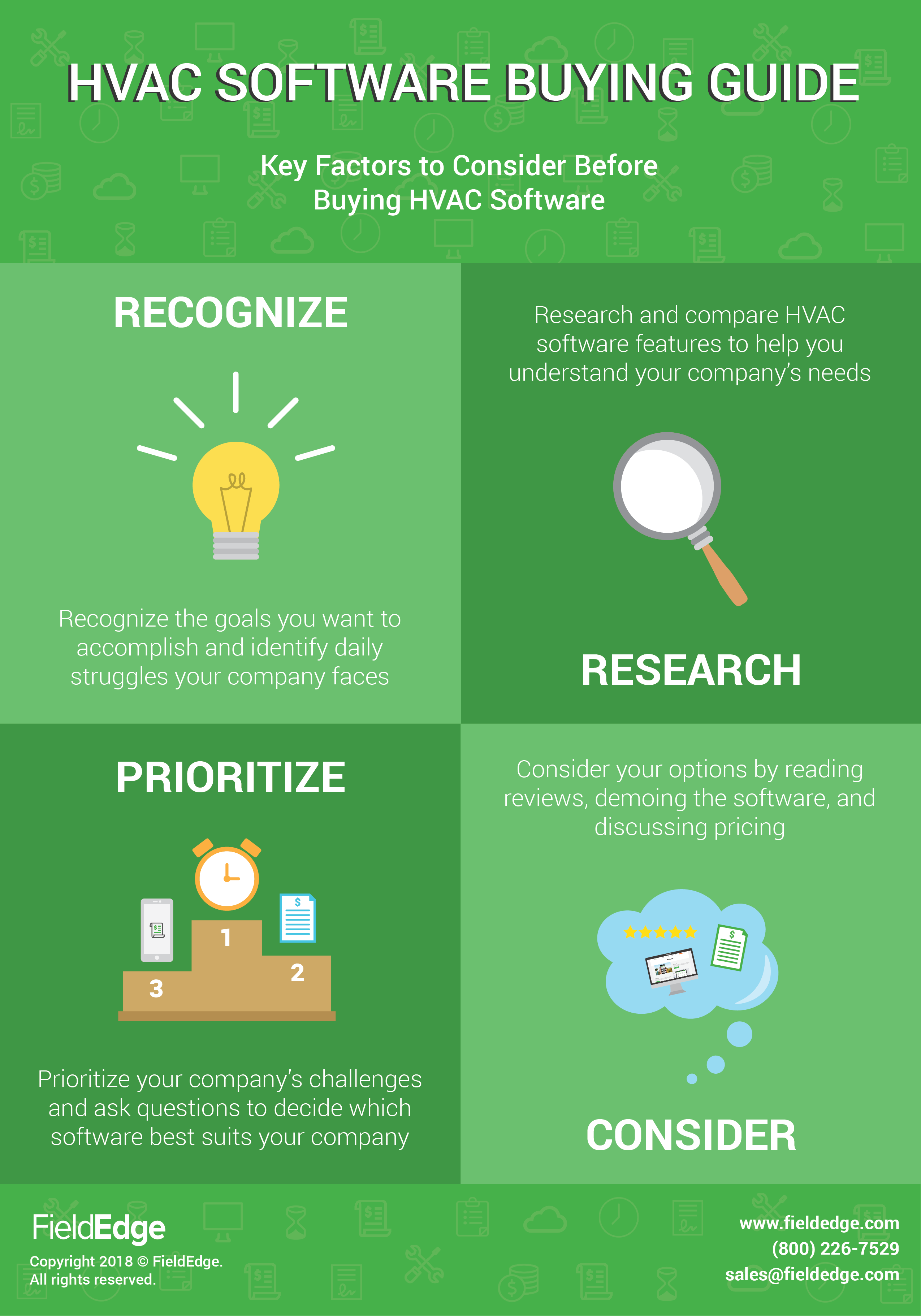Understand How To Make The Most Of The Performance And Sturdiness Of Your Heat Pump System By Avoiding Regular Installation Challenges
Understand How To Make The Most Of The Performance And Sturdiness Of Your Heat Pump System By Avoiding Regular Installation Challenges
Blog Article
Content By-Garrison Morris
When mounting a heatpump, you need to steer clear of usual errors that might jeopardize its performance. Forgeting proper sizing might result in inadequacies and greater utility prices. Overlooking insulation and sealing could cause power wastage and pressure on the unit. In addition, placing the outdoor system incorrectly may impact its efficiency. By preventing these mistakes, you can guarantee optimum operating and longevity of your heat pump system.
Improper Sizing of Heat Pump
When it concerns the installment of heatpump, among the most typical mistakes is poorly sizing the device for your area. Making certain the right size is critical for ideal efficiency. If the heat pump is too tiny, it will struggle to warm or cool your room efficiently, bring about enhanced power expenses and prospective damage on the unit.
On the other hand, if the heatpump is also large, it will cycle on and off frequently, creating temperature variations and lowering its life expectancy.
To avoid this mistake, it's important to have a specialist assess your room and suggest the suitable size of the heat pump based upon elements like square video, insulation, ceiling elevation, and regional climate. By investing the moment and initiative to make sure the proper sizing, you can delight in a comfy atmosphere while taking full advantage of power effectiveness and lengthening the life-span of your heatpump.
Inadequate Insulation and Sealing
To make certain the reliable procedure of your heatpump, it's important to deal with inadequate insulation and sealing in your room. Appropriate insulation aids keep a constant temperature inside your home, reducing the workload on your heat pump. Inadequate insulation can lead to energy loss, making your heatpump job harder and much less successfully.
Securing https://kmph.com/news/local/christmas-miracle-75-year-old-womans-hvac-repaired-for-free-after-being-broken-2-years of voids or leakages in your room is equally vital. These spaces enable conditioned air to run away and outside air to seep in, forcing your heat pump to make up for the temperature level fluctuations.
Inaccurate Placement of Outdoor Device
Attending to the positioning of your heat pump's exterior device is essential to maximizing its performance. Mounting Read More Listed here in an incorrect place can bring about efficiency issues and possible damages to the unit.
One usual error to avoid is putting the outdoor system too close to a wall or various other structures. This can restrict air movement, triggering the device to function harder to heat or cool your area, ultimately lowering its efficiency and lifespan.
An additional error to avoid is putting the outdoor system in direct sunshine. While some sunlight is inescapable, excessive exposure can lead to getting too hot, particularly throughout hot summertime days. It's ideal to position the outside device in a shaded location to help preserve its ideal operating temperature.
Moreover, ensure that heat pump repair service is positioned on a steady and degree surface. Uneven ground can trigger vibrations and unneeded pressure on the system, affecting its performance in time.
Verdict
Finally, preventing usual mistakes throughout heatpump installment is vital for maximizing effectiveness and longevity of your system. By guaranteeing correct sizing, sufficient insulation, securing, and proper placement of the outside device, you can prevent problems such as inefficiencies, increased power costs, and strain on the device. Putting in the time to resolve these essential elements will ultimately save you money and time in the future.
